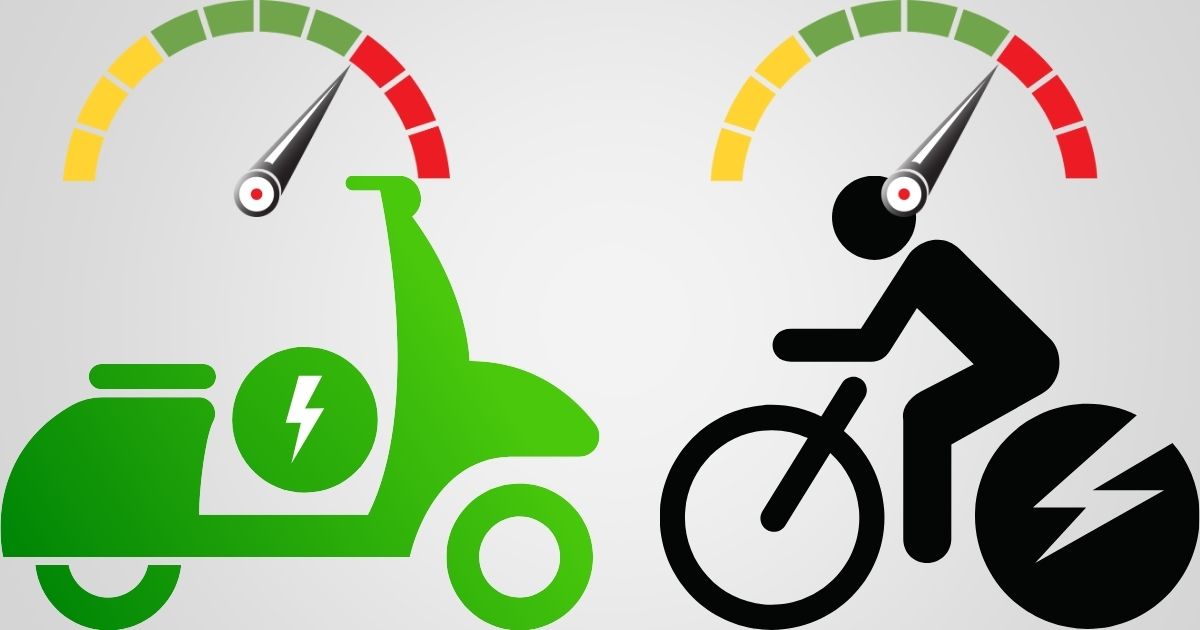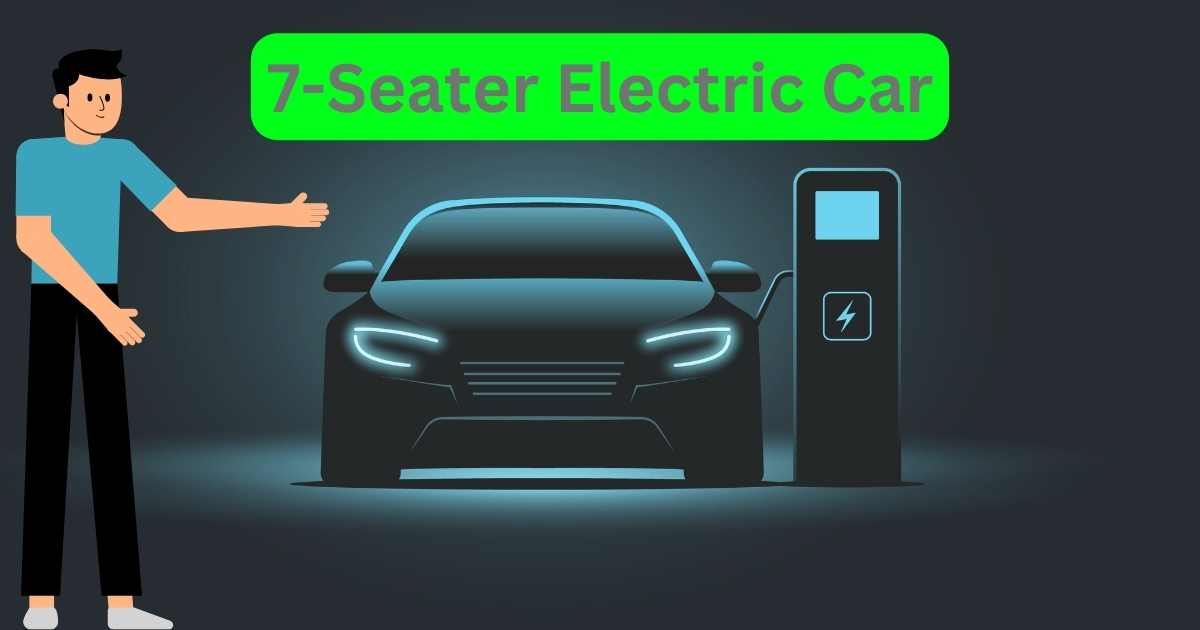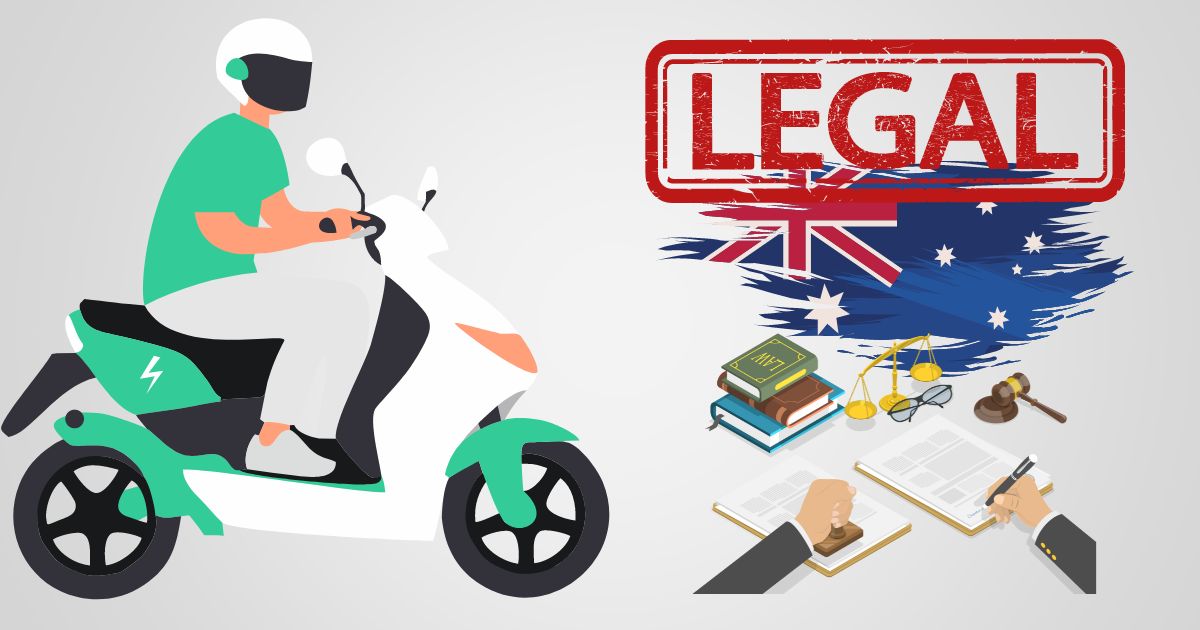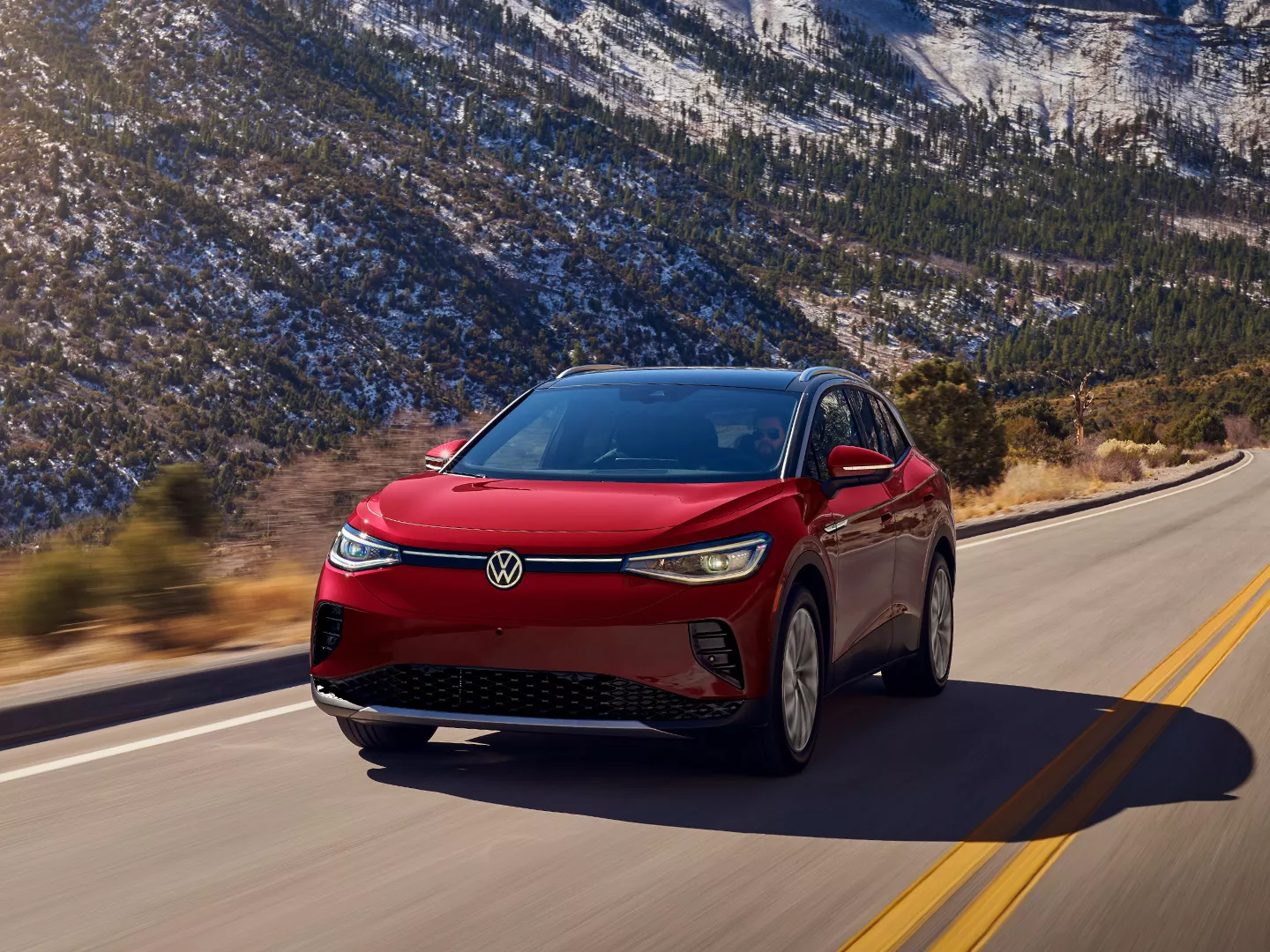Sustainable energy solutions have been a current theme in the global economy. Sustainable solutions are sought after to replace traditional methods.
The shift towards sustainability applies to the automation industry as well. Electric cars have emerged as a promising alternative to traditional fossil fuel vehicles.
Australia is no stranger to sustainability at a national level as global environmental consciousness rises.
In the context of electric vehicle rebates, the question of a rebate for electric cars in Australia has become prevalent. The article aims at exploring the rebate for electric cars in Australia.
Is There A Rebate For Electric Cars In Australia?
Yes, there are rebates for electric cars in states and territories in Australia.
This is aimed at having a positive feedback mechanism on the purchase of electric cars.
Rebates on electric cars are financial incentives to encourage consumers to buy or make a switch to electric vehicles.
Most states and territory governments in Australia, in order to encourage the uptake of electric cars, have offered rebates to buyers for the last 12 months or more.
In the long run, this will reduce global greenhouse emissions and dependence on fossil fuels and other unsustainable energy sources.

What Is The Rebate For Electric Cars In Australia?
A financial incentive or tax rebate is designed to encourage the purchase of electric vehicles in Australia.
Variables such as the type of vehicle, the emissions rating of the vehicle, and the state in which the electric car is registered all play a role in determining the actual amount payable.
According to the Australian Taxation Office, the federal government introduced an exemption from the Fringe Benefits Tax (FBT) starting on July 1, 2022, for companies and businesses that use plug-in hybrid electric vehicles (PHEVs) with prices below the luxury car tax threshold.
In order to accommodate fuel-efficient automobiles, including electric vehicles, the threshold for the tax rebate has been raised to $89,332 for the fiscal year 2023 to 2024.
With the Luxury Car Tax (LCT) exemption and the Electric Vehicle Subsidy Scheme, the Australian government provides incentives to encourage people to purchase electric vehicles.
How Can One Apply For The Tax Rebate In Australia?
When it comes to qualifying for a tax rebate for electric vehicles in Australia, there are a few procedures that need to be followed.
The first thing that needs to be done is fulfil the eligibility requirements, which include either owning or leasing an electric car that meets the requirements.
In order to proceed with the rebate, the next step is to make certain that all of the necessary documentation is accessible.
Documentation demonstrating the purchase or lease agreement, as well as information regarding the car registration and any other pertinent details, are included here.
In What State Does The Tax Rebate Apply To In Australia?
The tax rebate for electric vehicles varies per state in Australia. For example, states like NSW, Victoria, Queensland, South Australia, Western Australia, ACT, and the Northern Territory offer added incentives together with federal rebates.
These include rebates on registration fees, stamp duty exemptions, or grants for repurchasing electric vehicles. There are, however, no rebates in Tasmania at the moment.
New South Wales
A strategy for electric vehicles was put in place in New South Wales in June 2021.
The goal is for at least half of all cars in the state to have zero carbon emissions by 2030.
The state also gives a $3000 tax credit for electric cars, up to a maximum value of $68,750.
On the other hand, used electric cars are not affected. NSW also doesn’t charge stamp tax on certain electric cars worth up to $78,000.
Many people are now more likely to buy electric cars because of this, which is good for the earth.
In New South Wales (NSW), refund requests must be made by June 30, 2024. Requests made between January 1, 2024, and June 30, 2024, must include proof of purchase.
Victoria
The government gave a $3000 refund for electric cars, but people had to apply by June 30, 2023.
However, the scheme ended after giving out 9,000 rebates, so no more people could apply. But there is still luxury car tax charge in the state.
The Queensland
Queensland has the biggest tax break for electric cars in the country. Households with a gross income of $180,000 or less can get a $6,000 rebate on electric cars that cost up to $68,000, not including dealer transportation fees.
Families with more than $180,000 in gross income can still get a $3000 refund. Also, compared to vehicles with internal combustion engines (ICE), electric and hybrid vehicles pay less in stamp fee.
South Australia
South Australians who want to buy an electric car can get a $3,000 rebate on electric cars that are qualified and cost up to $68,750.
People who buy certain types of EVs get free registration for the first three years, which makes the motivation even stronger.
Western Australia
In Western Australia (WA), you can get a $3500 refund on eligible zero-emission vehicles priced below $70,000.
This is how you can get an electric car rebate. This offer is good for the first 10,000 cars that come in or until May 10, 2025, whichever comes first.
Australia offers tax rebates to electric car owners in an effort to encourage the country’s transition to and adoption of these vehicles.
In an effort to combat climate change, the government is pursuing measures to reduce carbon emissions.
In some Australian states, residents can get financial assistance for the purchase of electric vehicles.
These include Victoria, with their closed rebate program, Queensland, with its large incentives, and South Australia, with its remaining subsidies.
An other way to save money is through Western Australia’s rebate program.
Reimbursement programs for electric cars are vital in encouraging the purchase of zero-emission automobiles at a time when environmental protection is a national priority.





